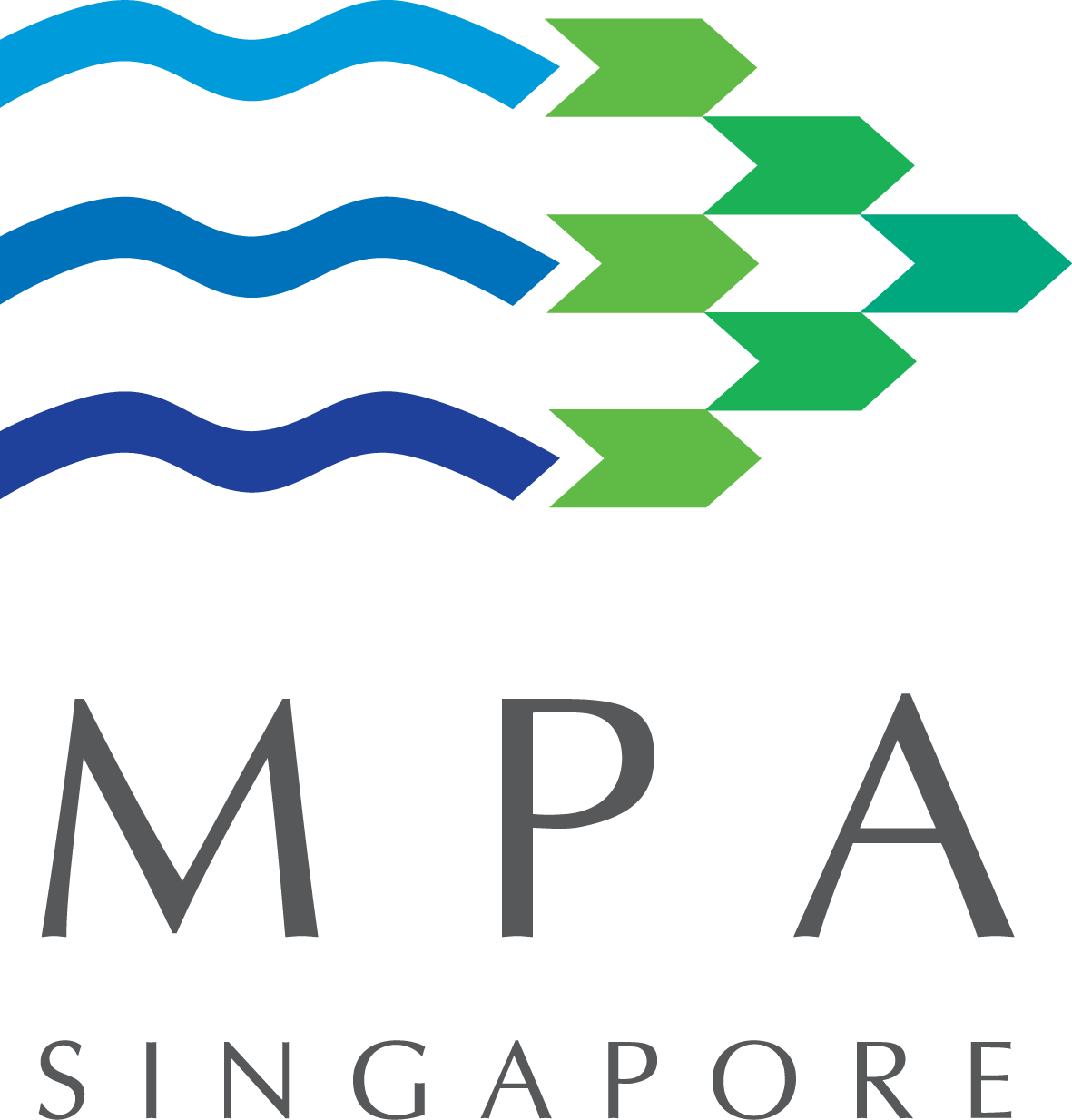Singapore to Further Enhance Maritime Security beyond the ISPS Code
Mr Yeo Cheow Tong, Minister for Transport, Republic of Singapore, said today that "the battle against terrorism does not end with the implementation of the ISPS Code". He called to the international maritime community to move beyond the Code to ensure that "maritime security extends to the larger transportation and logistics industry" and that "critical areas in the entire supply chain are addressed in a holistic and concerted way. This will ensure the security and integrity of cargo, as it moves from floor to door".
Minister Yeo was speaking as the Guest-of-Honour at the Opening Ceremony of the 2nd International Maritime and Port Security Conference (IMPSC), organised by IBC Asia (S) Pte Ltd, in association with the Maritime and Port Authority of Singapore (MPA).
In his address, Minister Yeo highlighted three areas that the international maritime community could look at, namely the security of ships not covered under the ISPS Code; supply chain security; and the security of sea lanes and key waterways such as the Panama and Suez Canals, and the Straits of Malacca and Singapore.
Singapore has already taken steps to address some of these areas. For example, to enhance the security of ships operating in our port waters that are below ISPS size, MPA is currently developing a Harbour Craft Transponder System, or HARTS, in support of the security agencies' requirements. This is a low cost equivalent of the Automatic Identification System (AIS) transponders that are required under the ISPS Code. Together with the AIS, HARTS will enable us to monitor and track almost all craft and vessels that ply in our port.
In addition, a Harbour Craft Security Code (HCSC) has been implemented for all harbour craft in Singapore. The Code provides practical security measures to be undertaken by all harbour craft in the port. These include measures for access control, navigation, communication, and ship-to-ship and ship-to-port facility activities. Small vessels are also required to complete a 'Ship Self-Security Assessment Checklist' prior to entry into the port. The use of the Checklist will help to ensure the security preparedness and readiness of these vessels.
Highlighting the need to continue to maintain and improve maritime security readiness, RADM (NS) Lui Tuck Yew, MPA's Chief Executive, said, "Maritime security training and audits in the form of realistic exercises and drills is key to ensuring the continuous and effective implementation of the ISPS Code... Readiness needs to be tested, loopholes need to be identified and closed, best practices need to be shared and disseminated. Plans atrophy if they remain on paper, untested and unchecked".
The 2nd IMPSC is the first international conference organised in Singapore to provide a post 1 July assessment of security at ports, onboard ships and within the broader transport chain. Under the theme of "Maritime Security - ISPS Compliance and Beyond", the two-day conference will take stock of the implementation of the ISPS Code, its success to date and its impact on the maritime community. It will also look at further enhancing maritime security beyond the ISPS Code. Among other things, the conference will discuss the sustainability of maritime security, security measures for small vessels and the security of international waterways. The conference has attracted some 240 participants from about 20 countries.
Attached:
